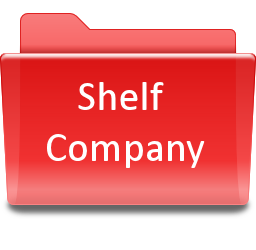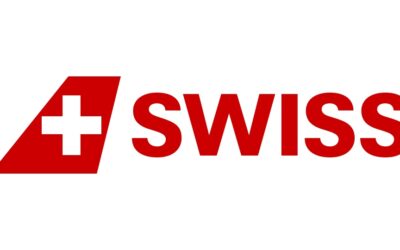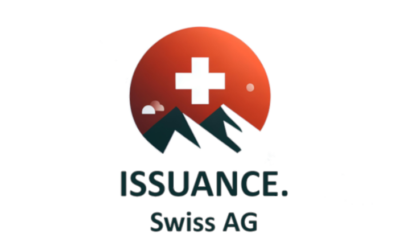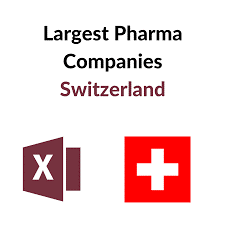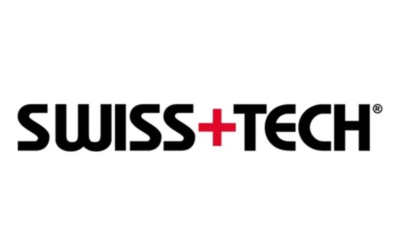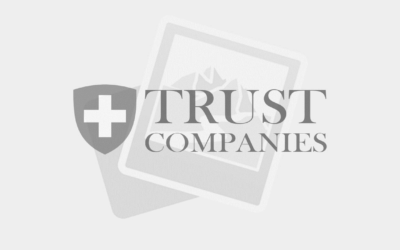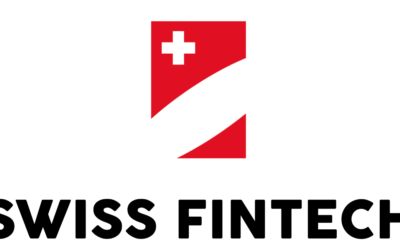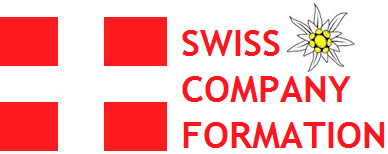Would you talk with someone in our company regarding any issues? Just drop us a line!
Table of Contents
- 1 Introduction
- 2 Why is Switzerland attractive for company registration?
- 3 What types of companies can be formed in Switzerland?
- 4 What are the costs of company formation in Switzerland?
- 5 Which form is better: AG or GmbH?
- 6 How do foreign companies operate in Switzerland?
- 7 Taxation of Swiss companies
- 8 What is the role of the Commercial Register?
- 9 Can a Swiss company be owned by foreigners?
- 10 Swiss company formation for financial services
- 11 Swiss company registration vs ready-made companies
- 12 Practical advice for U.S. and international investors
- 13 Conclusion
- 14 Frequently asked questions about the Swiss company formation nowadays
Introduction
Swiss company formation is a subject that consistently attracts entrepreneurs, investors, and lawyers worldwide. Switzerland is considered one of the most prestigious and stable jurisdictions in Europe for establishing a corporate structure. Its appeal is based on predictable regulation, legal certainty, favourable taxation, and an excellent reputation in banking and international business. For U.S. and international investors, Switzerland combines strong institutions with flexibility, offering opportunities for both multinational groups and private owners.
The aim of this guide is to explain in detail the requirements, costs, and procedures for company registration in Switzerland, comparing the most common legal forms and highlighting the practical implications for decision-makers.

Why is Switzerland attractive for company registration?
Switzerland is often ranked as a global hub for corporate governance and wealth protection. The reasons include:
- Tax system: competitive cantonal tax rates, corporate effective tax often ranging between 11% and 21%.
- Reputation: credibility in finance, pharmaceuticals, high-tech, and commodity trading.
- Legal certainty: codified law, predictable court rulings, neutrality.
- Infrastructure: strong banking, access to EU and global markets.
When considering Swiss company formation, remember that the choice of canton matters. Zug, Lucerne, Schwyz and Nidwalden typically offer the most favourable corporate tax rates. Geneva and Zurich offer prestige but at higher effective tax levels.
What types of companies can be formed in Switzerland?
There are several corporate structures available. The most frequently chosen are the Aktiengesellschaft (AG) and the Gesellschaft mit beschränkter Haftung (GmbH). Additionally, branch offices and representative offices are available for foreign corporations.
Comparison of Swiss legal forms
| Legal Form | Minimum Capital | Liability | Management | Shareholder Transparency |
| AG | CHF 100,000 (min. CHF 50,000 paid in) | Limited to share capital | Board of directors | Higher confidentiality, bearer shares possible in special cases |
| GmbH | CHF 20,000 (fully paid) | Limited to share capital | One or more managing directors | All shareholders disclosed in Commercial Register |
| Branch Office | No capital requirement | Parent company liable | Local representative | Parent company published |
| Representative Office | No capital | Not a separate legal entity | Limited scope, no commercial activity | No independent legal identity |
How does Swiss company registration work?
The process involves several stages:
- Corporate name approval by the Commercial Register.
- Drafting of Articles of Association, notarised in Switzerland.
- Bank deposit of share capital in a blocked account.
- Notarial deed of incorporation.
- Registration with Commercial Register (Handelsregister).
- VAT registration (if turnover > CHF 100,000).
- Business licence if required (e.g., financial services).
Typical duration: 2–4 weeks.
Ensure that the Articles of Association comply with cantonal rules. In some cantons, electronic filing is possible, but a notarial deed remains mandatory under Swiss law.
What are the costs of company formation in Switzerland?
The cost structure depends on the form of incorporation:
Official fees and costs (average ranges)
| Item | AG | GmbH |
| Notary fees | CHF 2,000–5,000 | CHF 1,500–3,000 |
| Commercial Register fee | CHF 600–800 | CHF 600–800 |
| Share capital deposit | CHF 50,000 minimum | CHF 20,000 |
| Legal advice (optional) | CHF 3,000–8,000 | CHF 2,000–6,000 |
| Ongoing accounting | CHF 3,000+ per year | CHF 2,000+ per year |
Which form is better: AG or GmbH?
Comparative overview: AG vs GmbH
| Criterion | AG | GmbH |
| Prestige | High, often required for larger ventures | Suitable for SMEs |
| Capital requirements | Higher | Lower |
| Confidentiality | Greater | Limited |
| Transfer of shares | Freer | Requires shareholder approval |
| Costs | Higher | Lower |
Foreign entrepreneurs often start with a GmbH due to lower costs, then convert into an AG if expansion, fundraising, or listing on a stock exchange is anticipated.
How do foreign companies operate in Switzerland?

Foreign companies can choose between a branch office and a representative office.
Branch office vs Representative office
| Feature | Branch | Representative Office |
| Legal entity | Part of parent company | Not independent |
| Liability | Parent company liable | Parent company liable |
| Tax status | Fully taxable in Switzerland | No taxable presence if no trade |
| Activities | Full commercial operations | Market research, liaison only |
| Setup time | 2–4 weeks | 1–2 weeks |
Would you talk with someone in our company regarding any issues? Just drop us a line!
Taxation of Swiss companies
Corporate tax rates vary significantly by canton.
| Canton | Effective Corporate Tax (2025) |
| Zug | ~11.9% |
| Lucerne | ~12.3% |
| Zurich | ~19.7% |
| Geneva | ~14.0% |
| Basel-Stadt | ~13.0% |
What is the role of the Commercial Register?
The Handelsregister is the official source for all corporate information in Switzerland. Entries are public, but AG shareholders can remain confidential. GmbH shareholders, however, are disclosed.
Can a Swiss company be owned by foreigners?
Yes. Swiss law imposes no restrictions on foreign ownership of AGs or GmbHs. However, at least one director authorised to sign must be resident in Switzerland.
Swiss company formation for financial services

Special rules apply to financial intermediaries, banks, insurers, and fintechs. Such entities require licences from FINMA (Swiss Financial Market Supervisory Authority). The incorporation procedure is identical, but additional regulatory approval is mandatory.
Would you talk with someone in our company regarding any issues? Just drop us a line!
Swiss company registration vs ready-made companies
Some providers offer shelf companies for faster market entry. While a shelf AG or GmbH is already registered, the buyer must still amend Articles, appoint directors, and fulfil KYC requirements.
Comparison: New incorporation vs Shelf company
| Aspect | New Incorporation | Shelf Company |
| Duration | 2–4 weeks | 2–5 days |
| Costs | Lower | Higher |
| Compliance | Full control | Risk of legacy issues |
| Reputation | Clean history | Must confirm no prior liabilities |
Practical advice for U.S. and international investors
- Banking: opening an account is possible but requires substance and compliance.
- Accounting: IFRS or Swiss Code of Obligations apply, depending on size.
- Audit: limited audit for SMEs, full audit for larger companies.
Conclusion
Establishing a Swiss company offers access to one of the world’s most reputable jurisdictions. Whether choosing an AG for prestige, a GmbH for efficiency, or a branch for foreign expansion, the Swiss legal framework provides clarity, flexibility, and credibility. With careful planning of capital, governance, and tax strategy, company formation in Switzerland is an effective instrument for international business structuring.
FAQs
Swiss company formation refers to the legal process of registering a new business entity in Switzerland, typically as an AG (joint-stock company) or GmbH (limited liability company).
In most cantons, Swiss company registration takes 2–4 weeks, depending on notary schedules, document preparation, and registry workload.
For an AG, CHF 100,000 is required (at least CHF 50,000 paid up). For a GmbH, CHF 20,000 must be fully paid.
Yes. Foreign individuals and corporations may register a Swiss company, but at least one director with residence in Switzerland is required.
A Swiss company benefits from moderate corporate tax rates (as low as 12–15% in some cantons), double tax treaties, and strong legal certainty.
An AG offers higher prestige and anonymity of shareholders, while a GmbH is cheaper to establish but shareholder names are public.
Official registry fees start around CHF 600–800, with additional notary and legal fees of CHF 2,500–5,000 depending on canton and complexity.
Yes. Shelf companies allow immediate operation, but a new Swiss company formation ensures tailored structuring and clean history.
Yes. Before registration, the share capital must be deposited into a blocked account with a Swiss bank.
Yes. Many multinational groups use Swiss company formation for holdings, trading, and financial services under FINMA oversight
The Commercial Register records all company details, statutes, directors, and capital, making the entity legally valid and enforceable.
Unlike offshore centres, Swiss company formation provides global credibility, EU market access, strong banking, and investor trust.
Would you talk with someone in our company regarding any issues? Just drop us a line!



